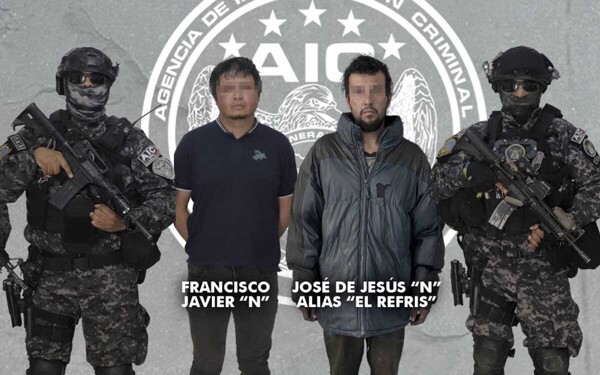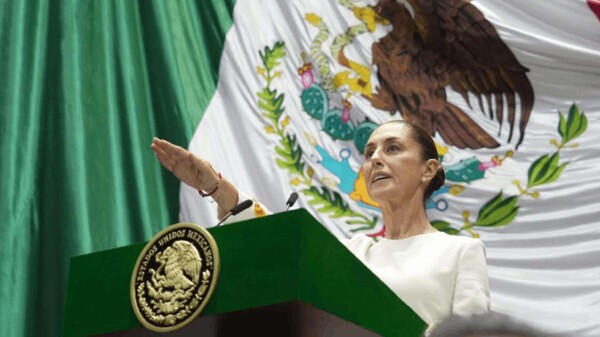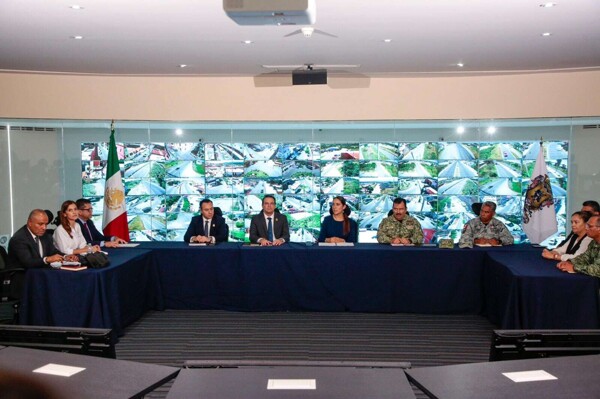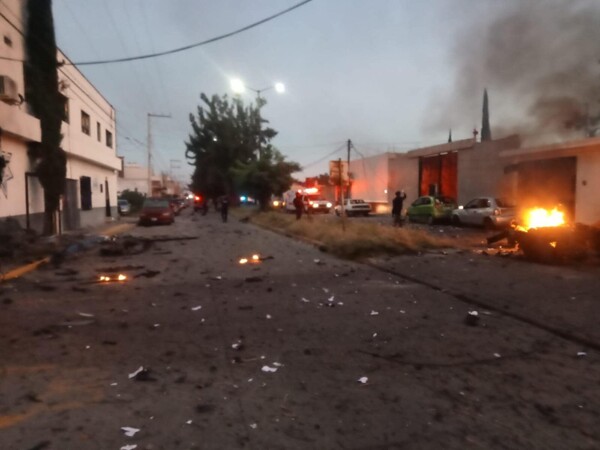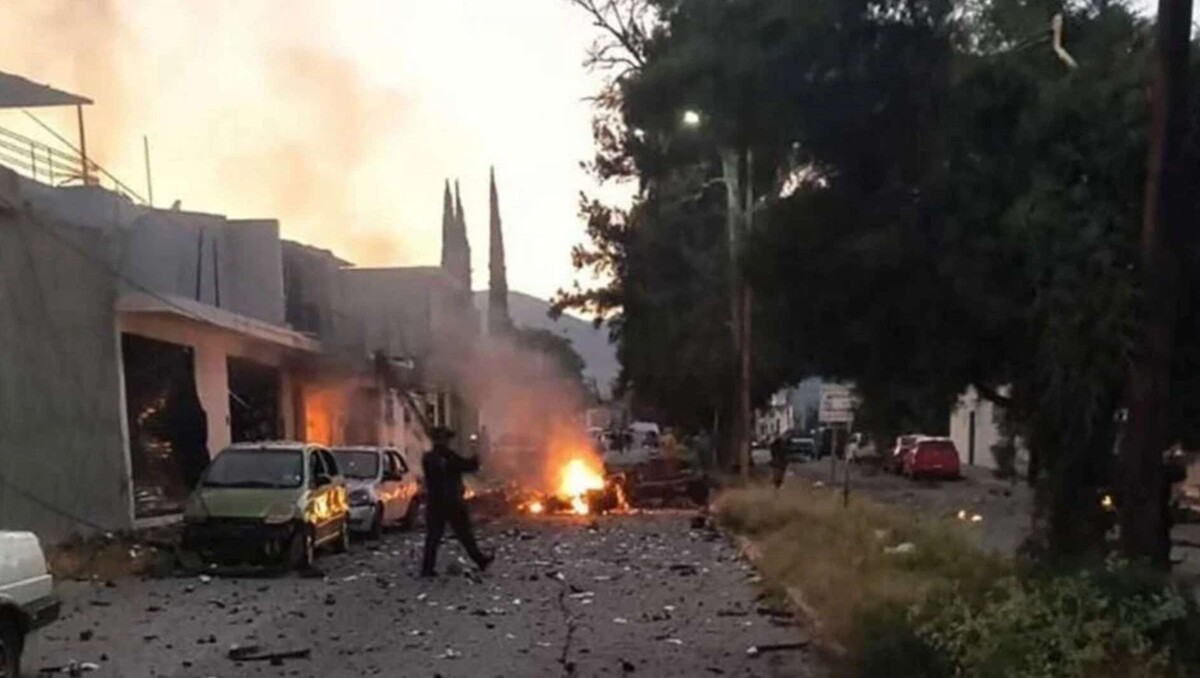
Terrorism is an act that can be carried out in various forms, whether through the use of toxic substances, chemical weapons, explosives, or firearms. In Mexico, the Federal Penal Code establishes severe penalties for those who use explosives or firearms for terrorist purposes, ranging from fifteen to forty years in prison, in addition to significant fines.
The classification of terrorism can be done according to different criteria, such as the location of the terrorists' operations, the nature of the actors involved (state or non-state), and the causes that motivate them. The recent explosion in Acámbaro highlights the complexity of violence in Mexico and questions the nature of these acts, amid the ongoing struggle between organized crime and public security.
According to expert statements, a terrorist act aims to instill terror in the population. Although citizens and authorities have qualified the attack in Acámbaro as a terrorist attack, some specialists argue that it does not meet all international criteria to be considered as such.
The Penal Code of Mexico defines a terrorist act as any action that involves violence or the threat of violence with the aim of harming national security, pressuring an authority, or forcing someone to make a decision. Despite this, there are discrepancies over whether the explosion in Acámbaro can be categorized as an act of terrorism or as a criminal act with economic motivations.
The event that occurred on October 24, where a car bomb exploded in front of a public safety building in Acámbaro and Jerecuaro, Guanajuato, injuring at least two police officers, has generated concern and drawn attention to security in the region.











